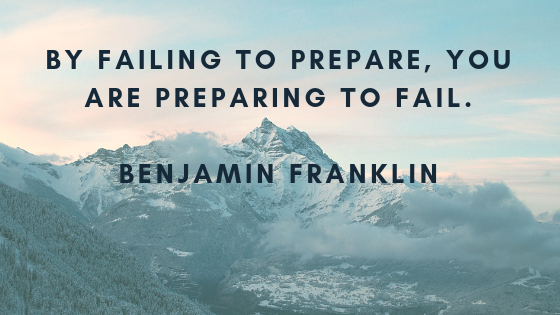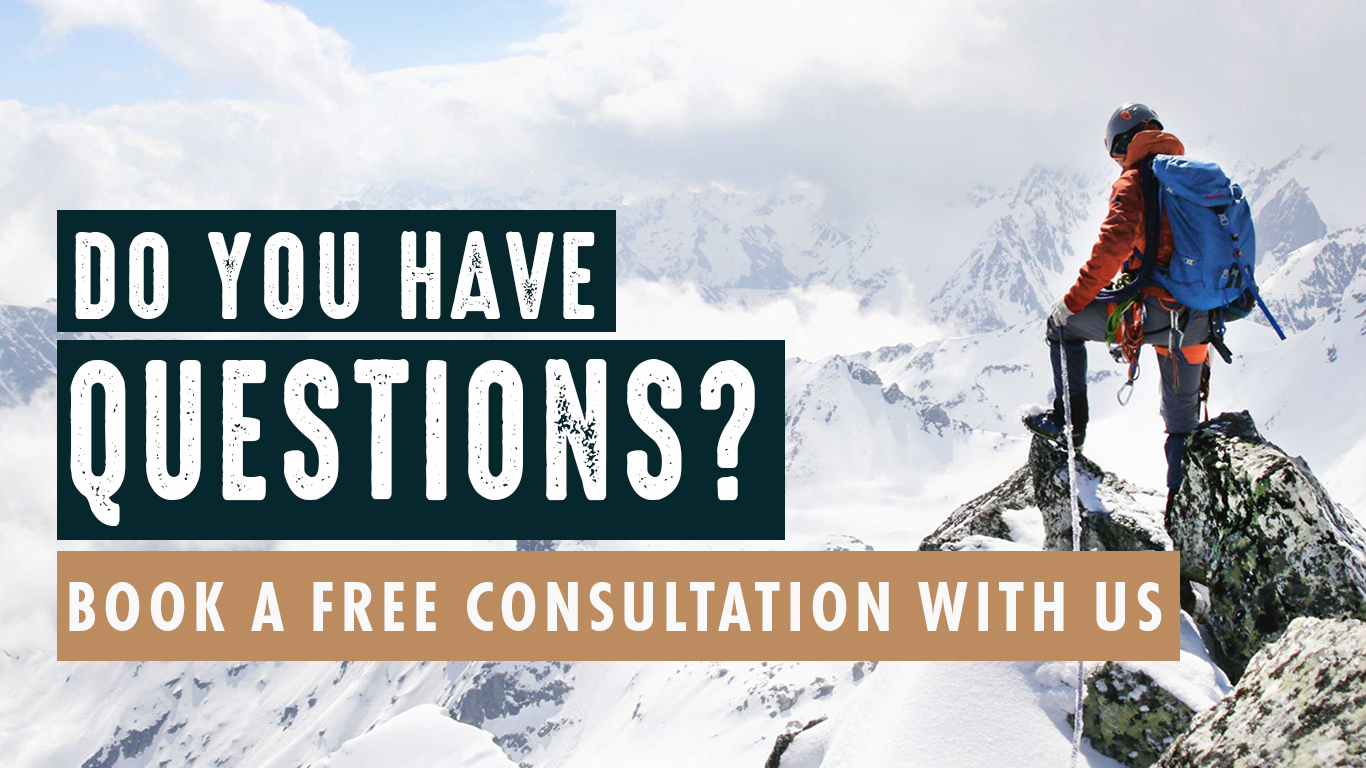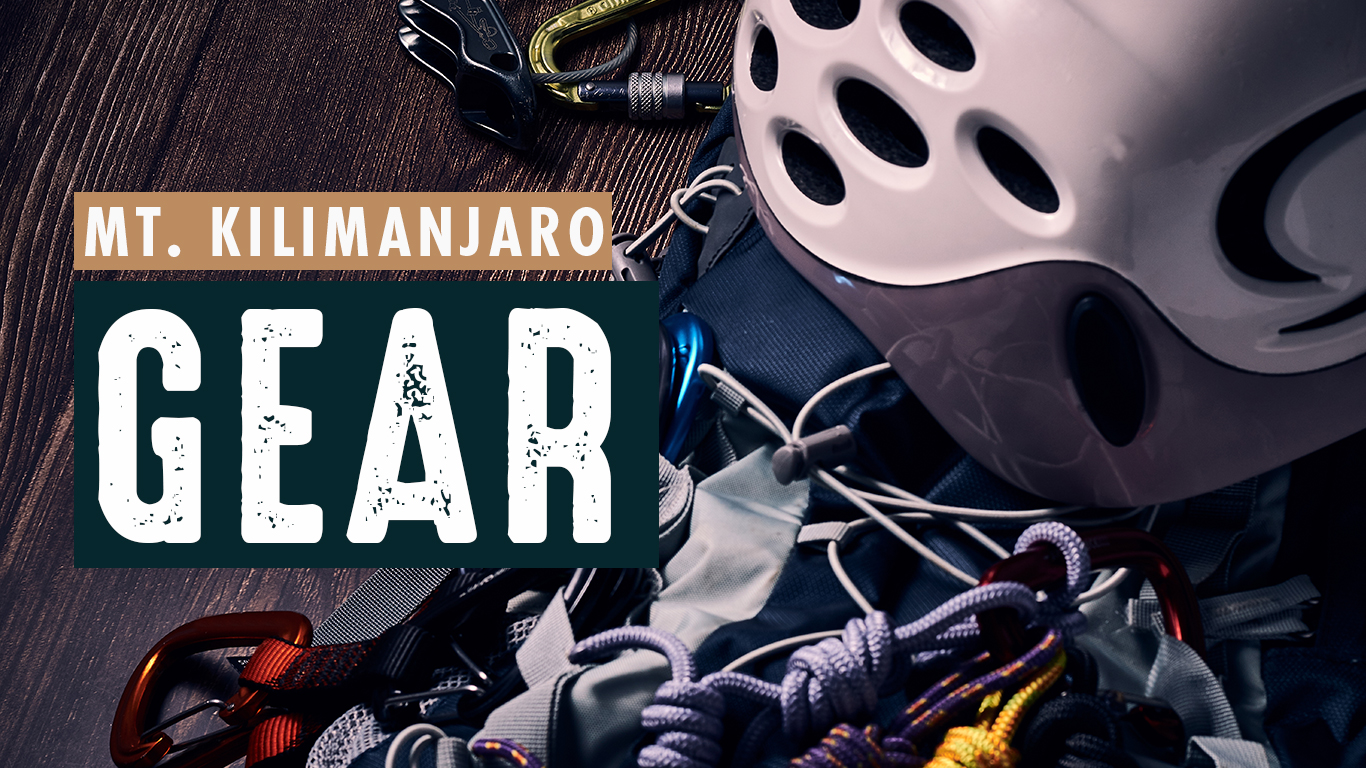
When it comes to summiting Mount Kilimanjaro, one of the Seven Summits of the world and the world’s highest free-standing mountain, preparation is a must.
Standing at 19,341’ high in the sky, Mount Kilimanjaro is known as the “Roof of Africa”. Summiting this beauty requires both physical strength and mental resilience. Of the approximate 35,000 people from around the world that attempt to summit Mount Kilimanjaro each year, only about 23,100 are successful mainly due to altitude sickness or other health challenges that arise during the climb.
As you prepare for your journey to summit Africa’s highest mountain, here are ten tips to help you.
1. The slower you go, the better your chances of reaching the summit.
“Pole, pole” (pronounced po-lay, po-lay) is Swahili for “slowly, slowly”. You will hear this phrase on repeat as you climb to remind you to take it slow. This is vital to allow your body time to acclimatize to the altitude. If you’re an experienced hiker that likes to move fast, you might feel frustrated at first that you are moving so slowly, but as the hours and days go on, you will come to appreciate the slow pace and begin to realize that “pole, pole” does not just apply on the mountain, but is the way of life in Tanzania. Additionally, when planning your trek, consider treks that allow at least five or six days to reach the summit. This too will increase your odds of summiting successfully and safely.
2. There is no such thing as bad weather, just bad gear.
While climbing Mount Kilimanjaro, you will trek through all five climate zones and experience a wide variety of temperatures and conditions on the trail. The weather can be unpredictable and is always changing so it’s important to come prepared with proper gear. Always consider layers and carry what you might need for the day ahead in your day pack, especially rain gear. Ask your trekking company for a gear list and/or check out this great post-Kilimanjaro gear review video courtesy of Rachel Mattix.
3. When it comes to your duffel bag, size and weight matter.
If you are considering a fully supported hike, your porters will carry your duffel and their own duffel bags along with supplies for camp, food, and more each day that you trek. Therefore, the maximum weight for your duffel bag is 33 lbs. In fact, bags are weighed in prior to beginning the trek so it’s a good idea to weigh your own at home after you’ve packed to ensure you are not over the max weight. While there are a variety of duffel bags to use, an ideal size for most climbers seems to be 132 liters. For reference, the North Face Base Camp XL duffel bag is this size. If you’re an expert packer, you may be able to use a slightly smaller duffel at 95 liters.
4. Keep your batteries near your body.
Chances are you will be traveling with batteries or power banks. Be sure to keep these items close to a heat source so they don’t completely drain on you in the cold. The higher you ascend, the colder the temperatures will get so it’s a great idea to keep these items in your day back near your back while hiking or in your sleeping bag at night.
5. Drink up!
Water is a must on the mountain! Staying fully hydrated helps to reduce your risk of cramping, hypothermia, hyperthermia, altitude sickness, and more. Ideally, you will carry 3 liters of water with you each day, perhaps some in your hydration pack and some in your Nalgene bottle or something similar. To know that you are hydrated remember this simple rhyme – “A happy mountaineer voids clear.”
6. Physical strength is required.
While the distance of your hike each day will vary depending on the route you decide to take, you will be out on the trail for hours at a time. Additionally, you will be carrying your day pack which could weigh from 15-25 lbs. Be sure to prepare your body physically for this adventure! At a minimum, 3 months of physical training is required, but ideally you’ll want to consider training for 4-6 months in advance of your climb. Some trekking companies, such as Embark Exploration, Co., will provide you with a training program you can follow to prepare. For additional resources check out this “How to Train for a Trek” podcast or this nine part series of Strength & Conditioning Program videos.
7. Mental resilience will carry you far.
When I was training for Mount Kilimanjaro, multiple people that had reached the summit before me shared the importance of mental resilience. In fact, all of them said that mental resilience accounted for at least 50% or more of their own success in reaching the summit. As you prepare, consider leaning into visualization techniques, mental fitness practices, breath work, or other practices to improve your overall mindset and ability to shift your thinking in challenging situations.
8. Summit night is a beast!
You will summit Mount Kilimanjaro on little sleep, overnight, in the dark, and the weather conditions will vary depending on what mother nature delivers. On average, ascending from base camp to the summit at Uhuru Peak takes about 7 hours of hiking along with a gain of over 4,000 feet of elevation. After a short stay at the summit, you will begin your descent and continue hiking. All in, between summit night and the following day, you may be hiking for 14 plus hours. Your mental resilience and physical strength will be tested. You’ve got this!
9. Listen to your body.
If you are not feeling well, noticing nausea, a headache, having diarrhea, not voiding, or anything feels off in your body, don’t delay. Let your guides know right away. The sooner you get ahead of any potential health challenges, the better off you will be and the more likely you will be to successfully and safely reach the summit.
10. Not all trekking companies are created equal.
When choosing a trekking company, be sure to partner with one that is a member of the Kilimanjaro Porter Assistance Project (KPAP). This will ensure that your porters are paid fair wages, treated appropriately, provided the necessary food and water they too will need to make the journey, tipped well for their work, and treated fairly by their employer.
For more great information as you prepare for your Kilimanjaro adventure, check out the “Kilimanjaro Webinar 101: Everything You Need to Know Before You Climb”.






